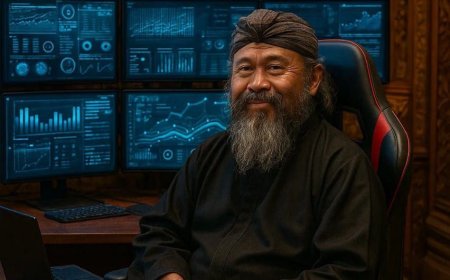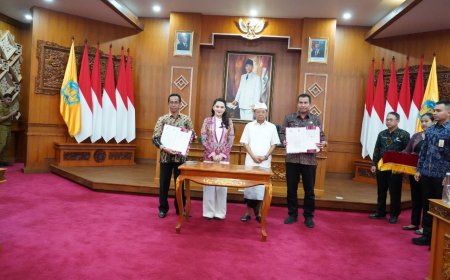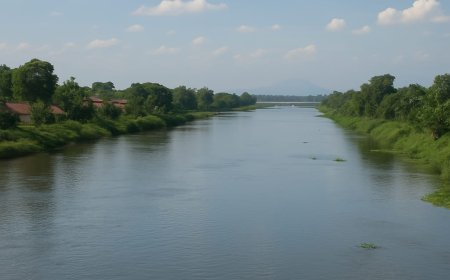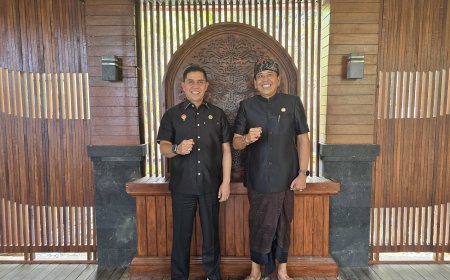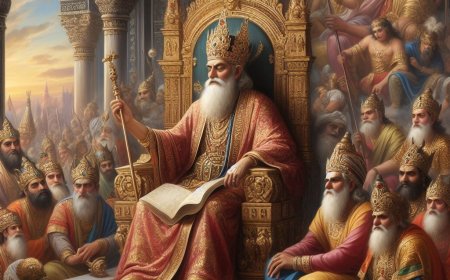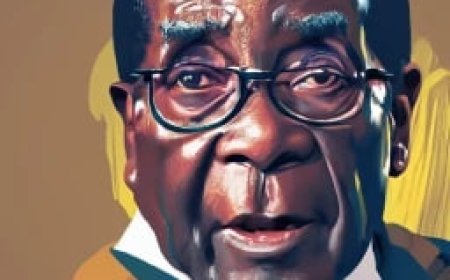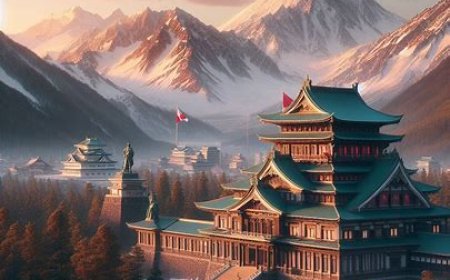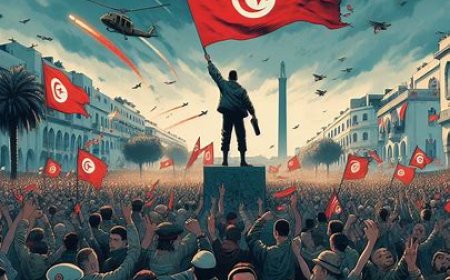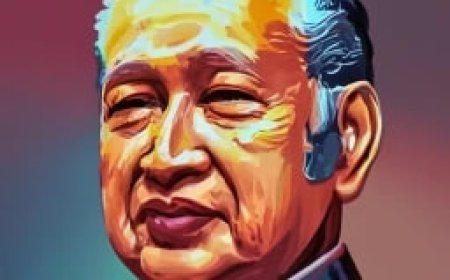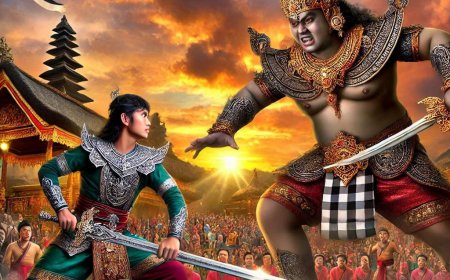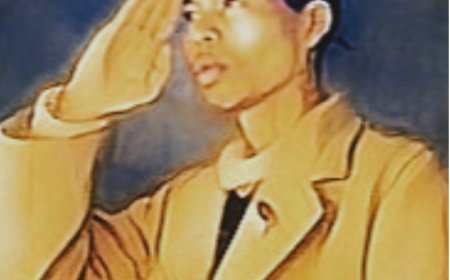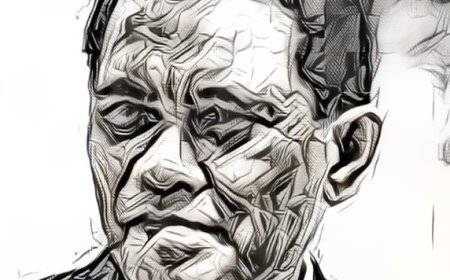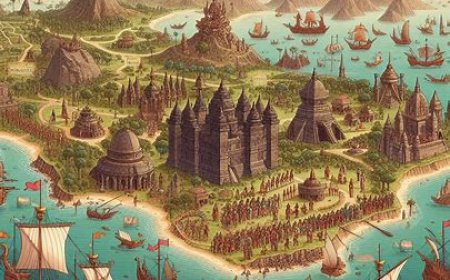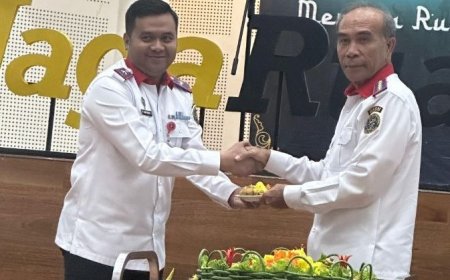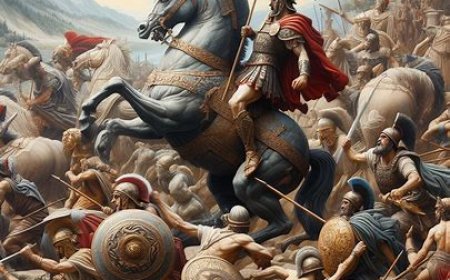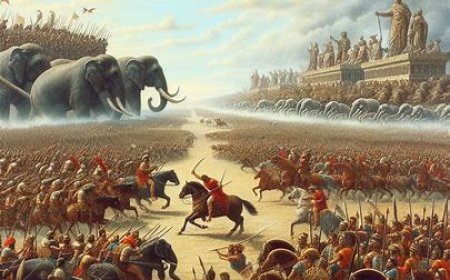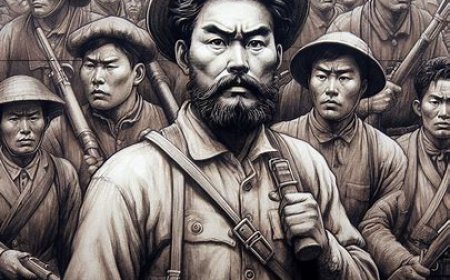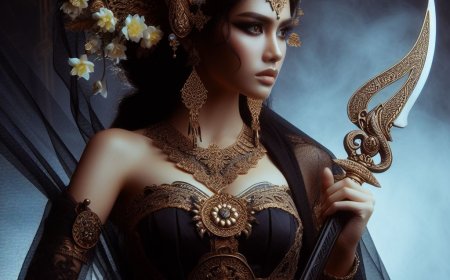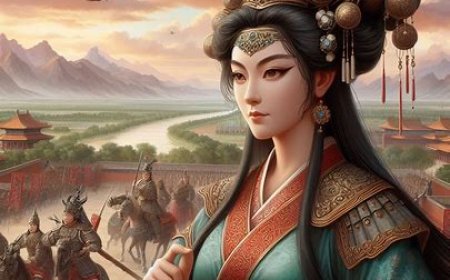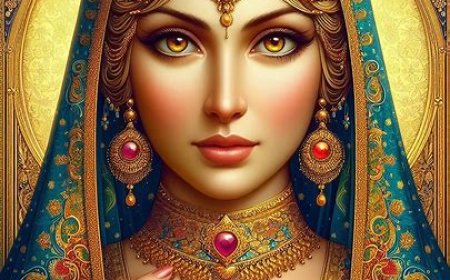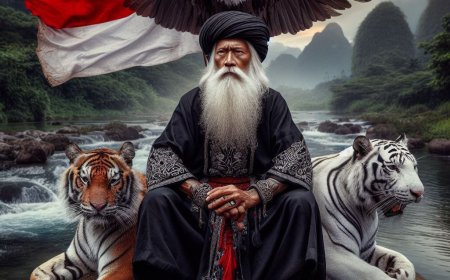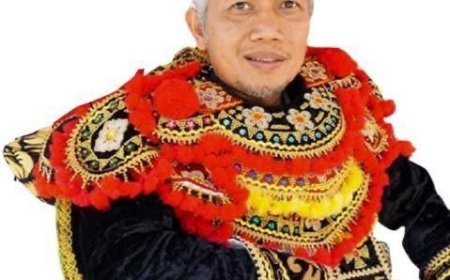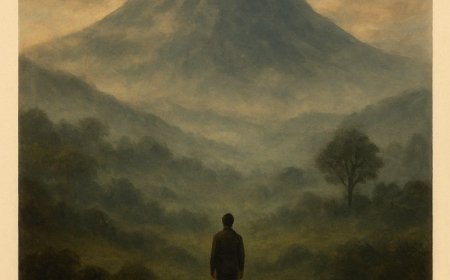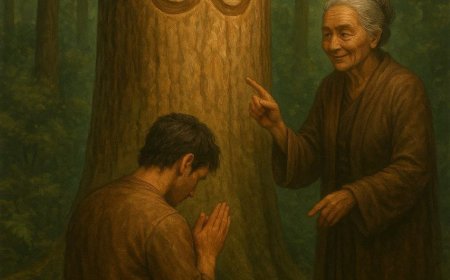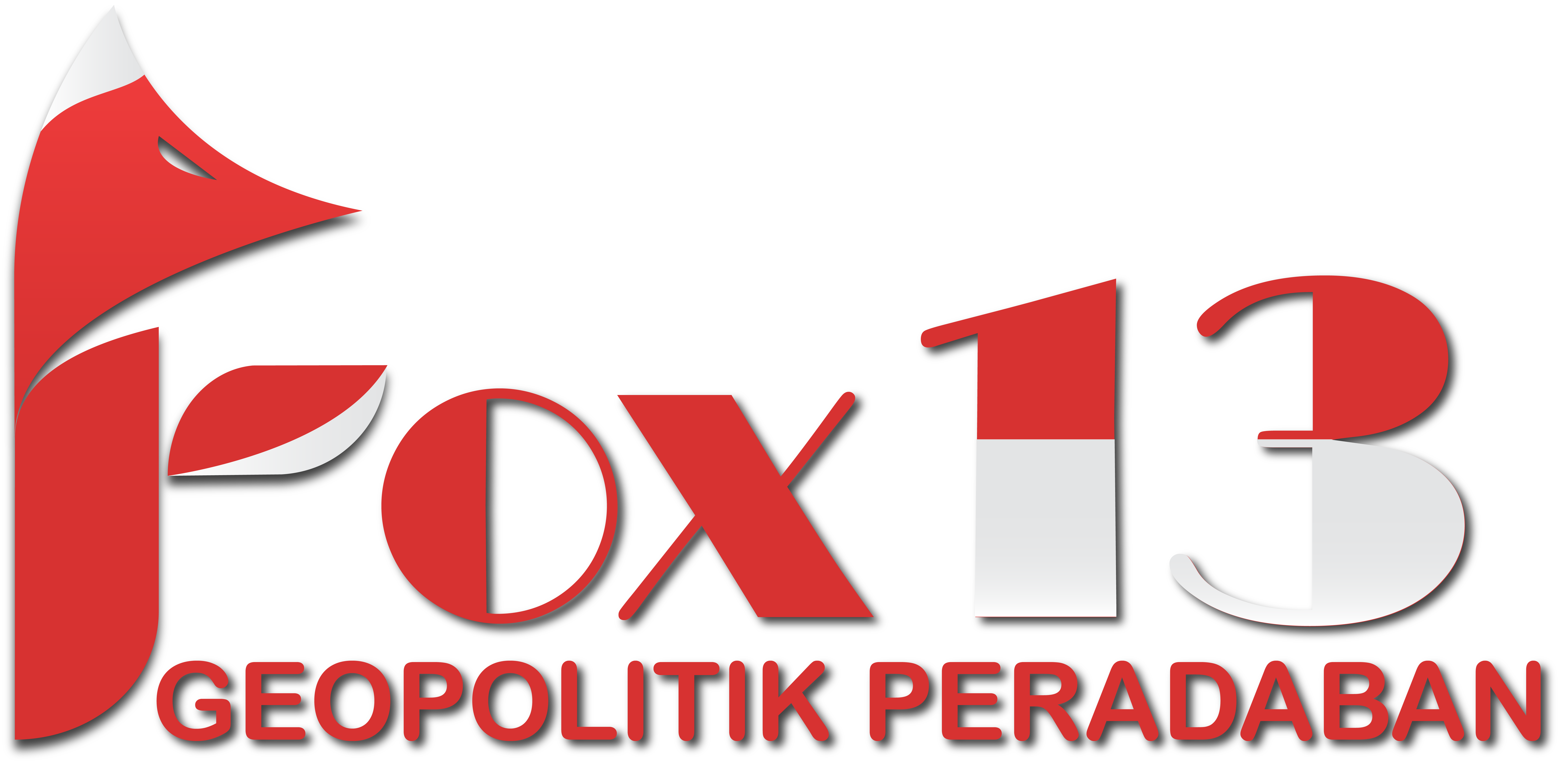The Donghak War: Social Upheaval and Foreign Intervention
The central figure in the Donghak Peasant War was Choe Je-u. He was the founder of the Donghak Movement which became the center of the peasant rebellion and followers of this movement during the conflict. Choe Je-u was born in 1824 and started the Donghak movement in 1860 as a response to the deteriorating social and political conditions in Korea at that time. Choe Je-u combines elements of Buddhism and Confucianism in his teachings that emphasize equality, anti-corruption, and social justice. He taught that God was "Ha-nim" or "Sangjenim" (Most High), and his teachings attracted many followers, especially among peasants who felt oppressed.
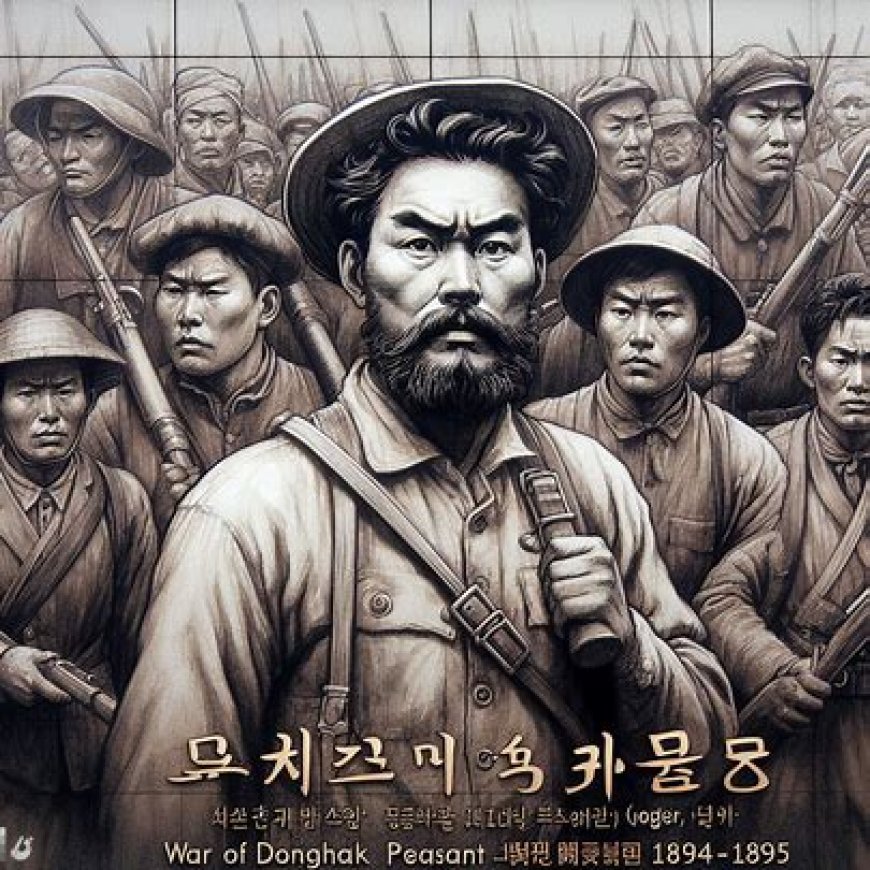
The Donghak Peasant War (1894-1895) was a significant episode in the history of the Joseon Dynasty in Korea, reflecting the social and political tensions of the late 19th century. This war was sparked by the Donghak movement, which was a religious and social movement that emerged in response to dissatisfaction with corrupt government and disloyalty to traditional Confucian values. The Donghak group, also known as the Gaebyeokdan or Reform Army, opposed the increasingly weakening government and expressed dissatisfaction with policies that harmed farmers. In 1894, the conflict reached its peak when Donghak rebels faced government troops throughout Korean territory. The war involved fierce fighting on multiple fronts, with the government supported by foreign forces such as China and Japan. Although the Donghak movement initially achieved some victories, they were ultimately defeated by a coalition of government and foreign forces. The consequences were severe, with mass deaths and the destruction of villages. After this war, the Joseon Dynasty further weakened, and foreign influence in Korea increased. The Donghak Peasant War had a profound impact on Korean history, exposing the social and political pressures that emerged from rapid modernization and foreign interference in the country's internal affairs.
The central figure in the Donghak Peasant War was Choe Je-u. He was the founder of the Donghak Movement which became the center of the peasant rebellion and followers of this movement during the conflict. Choe Je-u was born in 1824 and started the Donghak movement in 1860 as a response to the deteriorating social and political conditions in Korea at that time.
Choe Je-u combines elements of Buddhism and Confucianism in his teachings that emphasize equality, anti-corruption, and social justice. He taught that God was "Ha-nim" or "Sangjenim" (Most High), and his teachings attracted many followers, especially among peasants who felt oppressed.
During the Donghak Peasant War, Choe Je-u played an important role in leading the rebellion and forming the Gaebyeokdan (Reform Army) to fight the Joseon Dynasty government which he considered corrupt. Although this resistance was ultimately crushed, Choe Je-u's role as a central figure in inspiring and leading this movement influenced the dynamics of the war and gave momentum to peasant resistance to government policies and social discontent.
The Donghak Peasant War was sparked by a complex number of factors that reflected social and political discontent in Korea in the late 19th century. Some of the main factors causing this war involved social, economic, and political problems involving various groups in Korean society. The following are the factors that caused the Donghak war:
1. Social and Economic Dissatisfaction
Korea's rural population, especially farmers, experienced economic hardship and dissatisfaction with government policies that burdened them with high taxes. This heavy economic burden creates social tensions and fuels aspirations for change.
2. Corruption and Social Inequality
Corruption within the Joseon Dynasty government and increasing social inequality between the ruling elite and peasants fueled anger among society. Farmers and disadvantaged community groups feel left out and not represented in government policies.
3. Foreign Influence
Concern about foreign influence in Korea, especially from Japan and China, is also an important factor. The Donghak rebels opposed foreign interference and saw it as a threat to Korean sovereignty.
4. Reform and Modernization
The Joseon Dynasty government attempted reform and modernization to respond to challenges from Western countries and Japan. However, these efforts are not always recognized or well received by the entire community, especially traditionalist groups who feel threatened.
5. Donghak Movement
The Donghak Movement, which emerged as a religious and social movement combining elements of Buddhism and Confucianism, became a major catalyst for the war. This movement led a peasant uprising demanding social and political reforms.
6. Disloyalty to Confucian values
Traditional Confucian values, long a cornerstone of Korean society, faced challenges from the Donghak movement which offered an alternative view of life and morality.
7. Violence Against Donghak Followers
Harsh repression of Donghak followers by the government worsened the situation and sparked a response in the form of an armed rebellion.
The combination of these factors created an atmosphere of stress and instability in Korea, leading to the outbreak of the Donghak Peasant War as a form of protest and resistance to the social and political conditions that existed at that time.
The Donghak Peasant War has a complex chronology, involving a series of events and battles in various regions of Korea. The following is the chronology of the war:
1. Early Donghak Movement (1892-1893)
The Donghak Movement, also known as the Gaebyeokdan Movement or Reform Army, began to emerge in the early 1890s as a religious and social movement in Korea. This movement was pioneered by Choe Je-u who combined elements of Buddhism and Confucianism in his teachings.
2. Joseon Dynasty Rule and Repression
The Joseon Dynasty government felt threatened by the influence of the Donghak movement and responded harshly. There was persecution and arrest of Donghak followers.
3. Uprising in Gobu (June 1894)
In June 1894, a rebellion broke out in Gobu (now Gobu, North Jeolla Province) by peasants supported by Gaebyeokdan. This rebellion was the beginning of the Donghak war.
4. Early Battles (June-July 1894)
The rebellion quickly spread to other areas, and fighting occurred in various regions. The Joseon Dynasty government attempted to suppress this rebellion.
5. Foreign Intervention
Seeing the chaos in Korea as an opportunity, Japan and China intervened. Japan supported the Joseon Dynasty government, while China sent troops to suppress the rebellion.
6. Battle of Haengju (August 1894)
The Battle of Haengju occurred in August 1894 and was one of the main battles between the Joseon Dynasty troops supported by Japan and the Donghak forces.
7. Japanese Intervention and Treaty of Shimonoseki (April 1895)
Japan took advantage of the chaos to increase its influence in Korea. The Treaty of Shimonoseki (April 1895) between China and Japan, which ended the First Sino-Japanese War, stipulated that both countries could send troops to Korea.
8. Battles Continue (May-July 1895)
Fighting continued, and the Joseon Dynasty government, with Japanese support, succeeded in suppressing the Donghak rebellion.
9. The Fall of Gaebyeokdan and the End of the War (August 1895)
In August 1895, Joseon government troops and Japanese troops succeeded in destroying the Gaebyeokdan headquarters. Donghak resistance eventually faded, marking the end of the Donghak Peasant War.
10. Impact and Consequences
Although the war ended, its impact was very heavy. Villages were destroyed, many lives were lost, and the Joseon Dynasty was increasingly weakened. Foreign intervention in Korea increased, marking the beginning of a major change in political dynamics and foreign influence in Korea.
The Donghak Peasant War reflects the social and political turmoil at the end of the Joseon Dynasty, as well as the strong interference from foreign countries, especially Japan and China, which shaped the course of Korean history at that time.
(source: chatgpt)
What's Your Reaction?







